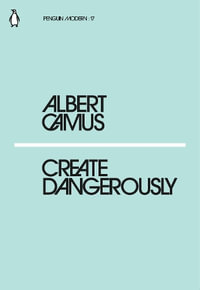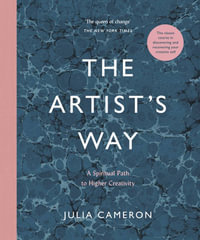Nazi art looting has been the subject of enormous international attention in recent years, and the topic of two history bestsellers, Hector Feliciano's The Lost Museum and Lynn Nicholas's The Rape of Europa. But such books leave us wondering: What made thoughtful, educated, artistic men and women decide to put their talents in the service of a brutal and inhuman regime? This question is the starting point for The Faustian Bargain, Jonathan Petropoulos's study of the key figures in the art world of Nazi Germany.
Petropoulos follows the careers of these prominent individuals who like Faust, that German archetype, chose to pursue artistic ends through collaboration with diabolical forces. Readers meet Ernst Buchner, the distinguished museum director and expert on Old Master paintings who "repatriated" the Van Eyck brother's Ghent altarpiece to Germany, and Karl Haberstock, an art dealer who filled German museums with works bought virtually at gunpoint from Jewish collectors. Robert Scholz, the leading art critic in the Third Reich, became an officer in the chief art looting unit in France and Kajetan Muhlmann--a leading art historian--was probably the single most prolific art plunderer in the war (and arguably in history). Finally, there is Arno Breker, a gifted artist who exchanged his modernist style for monumental realism and became Hitler's favorite sculptor. If it is striking that these educated men became part of the Nazi machine, it is more remarkable that most of them rehabilitated
their careers and lived comfortably after the war. Petropoulos has discovered a network of these rehabilitated experts that flourished in the postwar period, and he argues that this is a key to the tens of thousands of looted artworks that are still "missing" today.
Based on previously unreleased information and recently declassified documents, The Faustian Bargain is a gripping read about the art world during this period, and a fascinating examination of the intense relationship between culture and politics in the Third Reich.
Industry Reviews
"An account of some of the great minds of the formidable German intelligentsia who nevertheless plummeted to the depths of complicity, profiteering, and racism....His unprecedented interviews with members of the postwar Nazi network, as well as his thorough mining of the judicial records of the late 1940s, enable Petropoulos to reconstruct not just the individual experiences of these men, but also the gray moral universe in which they build their
careers...The Faustian Bargain deserves careful study by anyone seeking to understand the rise of the Nazi art bureaucracy."--Hugh Eakin, ARTnews
"This is a balanced, deft, and clear-eyed study of the way the art world functioned in Nazi Germany and of the people who operated in it. Petropoulos writes smoothly, and his assessment of the individuals he examines and the choices they made is consistently fair and to the point. In short, a highly readable and valuable book."--Peter Hayes, Professor of History at Northwestern University and the author of Lessons and Legacies: The Meaning of the Holocaust
in a Changing World
"Based on exhaustive archival research, The Faustian Bargain is the only book to reveal the complex web of complicity linking art world professionals and the Nazi elite. It is a fascinating look not just at how these individuals collaborated with the Third Reich, but at how they were denazified and rehabilitated after the war."--Stephanie Barron, Los Angeles County Museum of Art, curator of "Degenerate Art": The Fate of the Avant-Garde in Nazi
Germany and Exiles and Emigres: The Flight of European Artists from Hitler"
"Spotlighting five groups--art museums directors, art dealers, art journalists, art historians, and artists--Petropoulos carefully and systematically details how each of these groups either directly or indirectly facilitated the theft of countless words of art and legitimized the Nazi regime....Highly recommended for both public and academic collections."--Library Journal
"Petropoulos's very interesting work examines, in considerable depth, some of the major personalities that were behind both extensive looting of art treasures and also the promotion of pronationalistic works."--Booklist

























